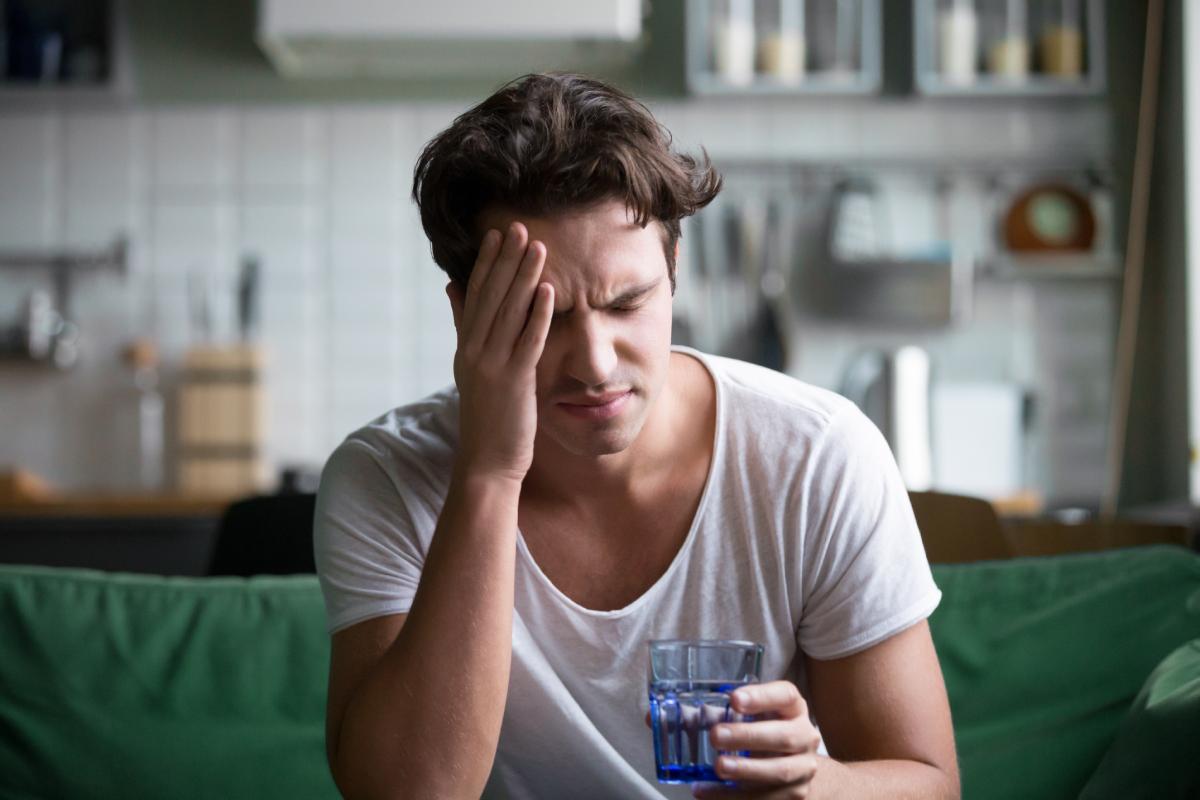Table of Contents
Deciding to quit drinking can be a difficult task, both mentally and physically. One of the biggest concerns for people considering quitting is the fear of withdrawal symptoms. How long do alcohol withdrawal symptoms last? How bad will they be?
The truth is, the timeline and progression of alcohol withdrawal symptoms vary greatly from person to person. It depends on a number of factors, like how often you drink, how long you’ve been doing it, and your overall health. But understanding the general timeline can help you prepare for what to expect and make informed decisions about your recovery.
Timeline of Alcohol Withdrawal Symptoms
Quitting alcohol is a marathon, not a sprint. While the initial decision to break free might be fueled by a burst of motivation, the road ahead can feel long and winding, especially when withdrawal symptoms kick in. However, understanding how long alcohol withdrawal lasts and the progression of these symptoms can help.
Early Stage (6-12 hours)
Within hours of your last drink, things can start to shift in your body. You might experience:
- Anxiety
- Sweating
- Shaky hands or jitters
- Insomnia
- Headache
- Cravings
These are all early warning signs that your body is adjusting to the absence of alcohol.
Peak Stage (24-72 hours)
Around day two, the symptoms reach their peak. The symptoms you felt earlier can amplify, with these additional symptoms:
- Nausea and vomiting
- Hallucinations (in severe cases)
- High blood pressure
- Fever
If your alcohol dependence is severe, you might even experience Delirium Tremens (DTs), characterized by fever, seizures, and confusion. When it gets to this point, seeking medical supervision is crucial.
Gradual Subsiding (3-7 days)
The peak is behind you, and this is when the intensity and frequency of symptoms gradually decrease. While you may still experience fatigue and occasional tremors or anxiety, overall, you’ll notice a gradual return to your usual self.
Symptoms you may continue to experience:
- Fatigue
- Occasional tremors
- Anxiety
Keep in mind, this is just a general timeline. Your personal experience might differ based on various factors. The important thing is to be prepared, informed, and, most importantly, kind to yourself.
Individual Factors Affecting Withdrawal
How long withdrawals from alcohol last and the intensity can vary significantly among individuals due to a multitude of factors, including genetic makeup, lifestyle habits, and more. Understanding these personal characteristics can make a huge difference when figuring out your own path toward recovery.
Amount and Duration of Alcohol Use
A big factor that determines how tough withdrawal hits is your history with alcohol. If you’ve been heavily drinking for a long time, chances are your withdrawal symptoms will be more intense. They’ll also last longer compared to someone who’s been drinking moderately for a shorter period.
This lines up with the idea that your body gets used to alcohol over time, so when you stop, it can be a shock to the system.
But what exactly constitutes “excessive drinking”?
- For men, the National Institute on Alcohol Abuse and Alcoholism (NIAAA) defines excessive drinking as consuming more than 15 drinks per week or 5 drinks on any single day.
- For women, the definition is lower, with excessive drinking being more than 8 drinks per week or 4 drinks on any single day.
However, even if you haven’t reached these specific levels, any amount of alcohol dependence can lead to withdrawal symptoms when you quit.
Pre-existing Health Conditions
Your overall health also affects your withdrawal symptoms. If you have pre-existing medical conditions like liver or kidney issues, heart problems, or mental health concerns, they can impact the way your body handles withdrawal.
Quitting Method
How you choose to quit affects your withdrawal journey. Quitting suddenly (cold turkey) often leads to more intense symptoms compared to gradually tapering off under medical supervision.
Ultimately, both methods lead to sobriety. However, the first step away from alcohol dependence can be either steep or gradual depending on your chosen approach.
Social Support
Having a supportive network of friends, family, or healthcare professionals significantly influences your withdrawal journey. A reliable support system providing encouragement, understanding, and practical help can make the tough times much more manageable. They can help you navigate the emotional and physical hurdles that may arise during withdrawal.
Understanding these factors doesn’t predict your exact experience. It’s more about awareness and being prepared. Talking to a medical professional can help you navigate your unique journey and emerge stronger on the other side.
Seeking Professional Help
The decision to quit alcohol is a courageous one, and navigating the withdrawal process can feel overwhelming at times. While some individuals experience mild withdrawal symptoms that subside on their own, others face more intense challenges requiring professional help.
When to Seek Professional Support
- Severe withdrawal symptoms. If you experience intense and concerning symptoms like hallucinations, seizures, or uncontrollable tremors, seeking immediate medical attention is vital. These symptoms could mean you have DTs, a potentially life-threatening condition.
- Underlying medical conditions. If you already have health issues like liver trouble, heart problems, or mental health issues, it’s essential to have professionals on your side to help you handle withdrawal safely.
- Difficulty coping. If you’re having a tough time dealing with withdrawal symptoms on your own, experiencing significant emotional distress, or relapsing, getting professional help like therapy or medication can significantly improve your chances of success.
Benefits of Professional Help
Personalized Guidance
Your withdrawal experience is unique. A healthcare professional can examine your individual situation, medical history, and current needs to develop a personalized plan just for you.
Safer Detox
If you’re dealing with severe withdrawal symptoms, medically supervised detox programs can be a safe option. These programs offer constant monitoring, ensure you get the right medical care, and help minimize any risks during this tough time.
Therapy and Support
Therapists who focus on addiction get what you’re going through and can provide helpful support and advice. They can help you learn how to cope, become stronger, and navigate the emotional challenges that come with your journey.
Professional Support For Lasting Change with Infinite Recovery
Remember, seeking professional help is not a sign of weakness; it’s a sign of strength and commitment to your well-being.
Ready to transform your life? Reach out to us today.

















